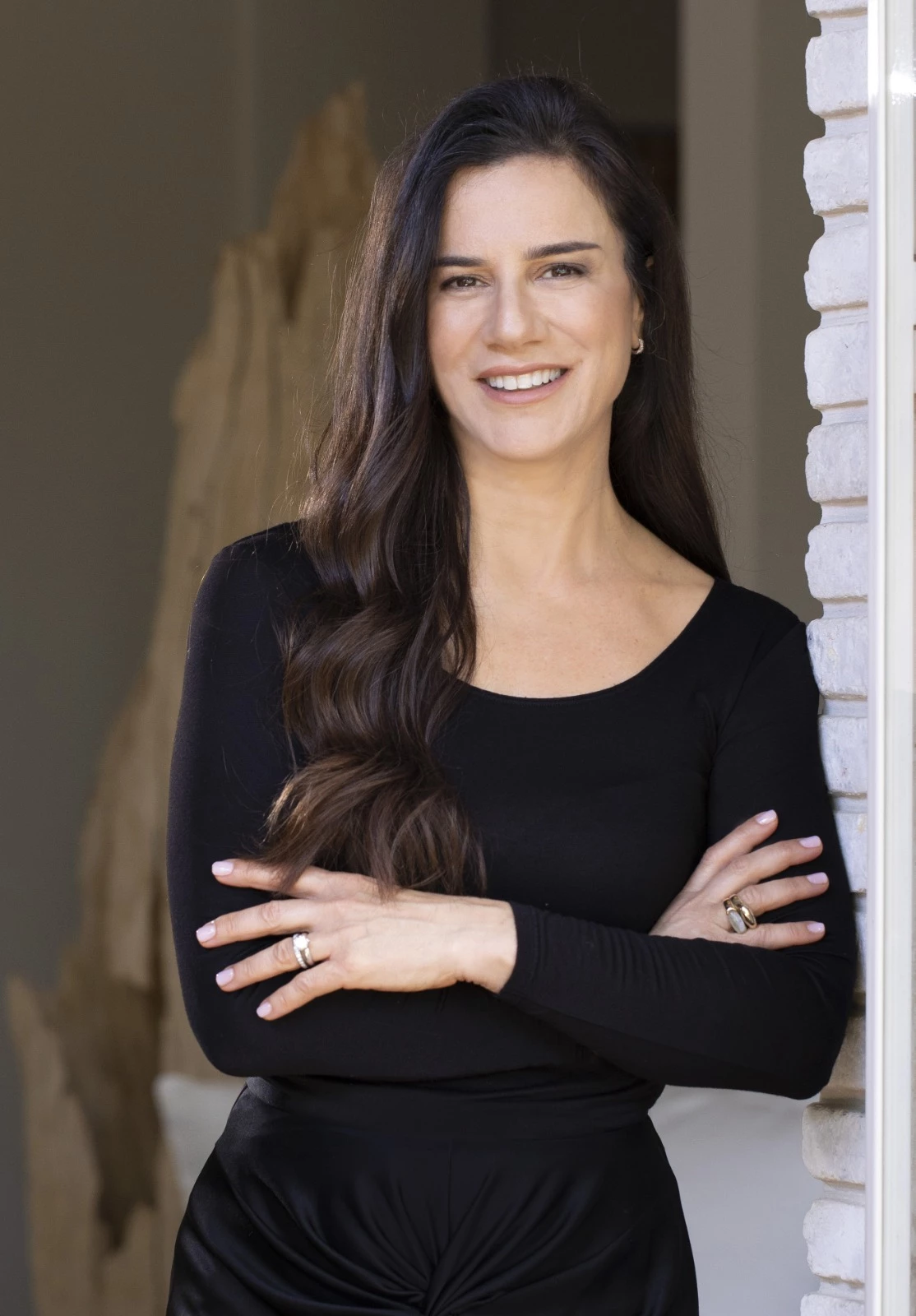
Partner Article
TIPA Raises $70M in Funding, Marking a Significant Breakthrough in Combatting Plastic Packaging Waste
⮚ The company has successfully brought its breakthrough technology to market and has positioned itself as a world leader in the field. TIPA’s products are used by some of the world’s largest brands and retailers in food and fashion industries in Europe, the US and Australia.
⮚ The company has raised $70M as part of its growth phase and is expected to further expand its operations in the different territories where it operates, launch new products lines, and expand into additional markets in order to continue positing itself as a global leader, leading the transition to compostable packaging to replace non-recyclable plastic.
⮚ TIPA’s landmark packaging innovation is able to emulate the robust properties of conventional and offer the same functional properties of plastic in protecting food and other goods. Yet, at its end-of-life, the products decompose and return to nature via composting, just like an orange peel, leaving zero waste behind.
⮚ The company’s technology addresses a $103B industry of consumer flexible plastic packaging, while less than 4% is recycled worldwide.
⮚ TIPA raised $70 million in their round C, led by Millennium Food-Tech and Meitav Dash, who invested together $30 million. The Strategic and financial investors include Migdal Group Insurance & Finance, and additional international investors.
Together with their current round of funding, TIPA - a pioneer of high-performance compostable packaging solutions has raised $130 million to date. Their technology has generated global interest in light of commitments made by the majority of global brands and retailers such as: PepsiCo, Mars, Nestle, Walmart to transition to “100% reusable, recyclable, compostable plastic packaging by 2025”.
The company focuses on the $103B market of consumer flexible plastic, while the vast majority of these packages are not fit for recycling, and less than 4% is recycled globally. Consumer flexible plastic also makes ~70% of ocean plastic, and is the most littered plastic type, much due to the lack of any recycling/economic venues for such packages post-usage.
Foreseeing the massive growth in the market-demand for compostable packaging, to replace hard-to-recycle plastics, TIPA has developed a wide range of patent-protected packaging solutions for applications such as fresh produce, fresh bakery, dry food and apparel packaging. Multiple brands and retailers in food and fashion industries have adopted TIPA’s solutions including Waitrose, Woolworth, Riverford Organic Farmers, Pangaia, and Scotch & Soda among many others.
TIPA is also engaged in multiple strategic partnerships with industry leaders in its supply chain. It recently signed a partnership agreement with AMCOR, the world’s largest plastic packaging manufacturer. The partnerships aim to provide compostable packaging solutions for the packaging market in Australia and New Zealand.
Daphna Nissenbaum, CEO of TIPA: “Our encounter with plastic packaging waste in our everyday lives has become a constant alarming reminder of the crisis we face as humanity. New solutions that move beyond plastic and beyond the failure of the recycling industry are required to solve this crisis. In recent years, we have witnessed a sharp increase in the demand for sustainable packaging solutions from consumers, while compostable packaging solutions repeatedly are ranked as the No 1 choice of consumers around the globe. TIPA’s packaging offers an answer for brands and consumers who want functional, sustainable, and organically recyclable substitutes for packaging that leave no waste behind. This round of funding is designated to support the company’s rapid growth and to enable a broader response to the growing market demand and continue to position TIPA as a world leader in compostable packaging solutions.”
This was posted in Bdaily's Members' News section by Ridley .








 Raising the bar to boost North East growth
Raising the bar to boost North East growth
 Navigating the messy middle of business growth
Navigating the messy middle of business growth
 We must make it easier to hire young people
We must make it easier to hire young people
 Why community-based care is key to NHS' future
Why community-based care is key to NHS' future
 Culture, confidence and creativity in the North East
Culture, confidence and creativity in the North East
 Putting in the groundwork to boost skills
Putting in the groundwork to boost skills
 £100,000 milestone drives forward STEM work
£100,000 milestone drives forward STEM work
 Restoring confidence for the economic road ahead
Restoring confidence for the economic road ahead
 Ready to scale? Buy-and-build offers opportunity
Ready to scale? Buy-and-build offers opportunity
 When will our regional economy grow?
When will our regional economy grow?
 Creating a thriving North East construction sector
Creating a thriving North East construction sector
 Why investors are still backing the North East
Why investors are still backing the North East